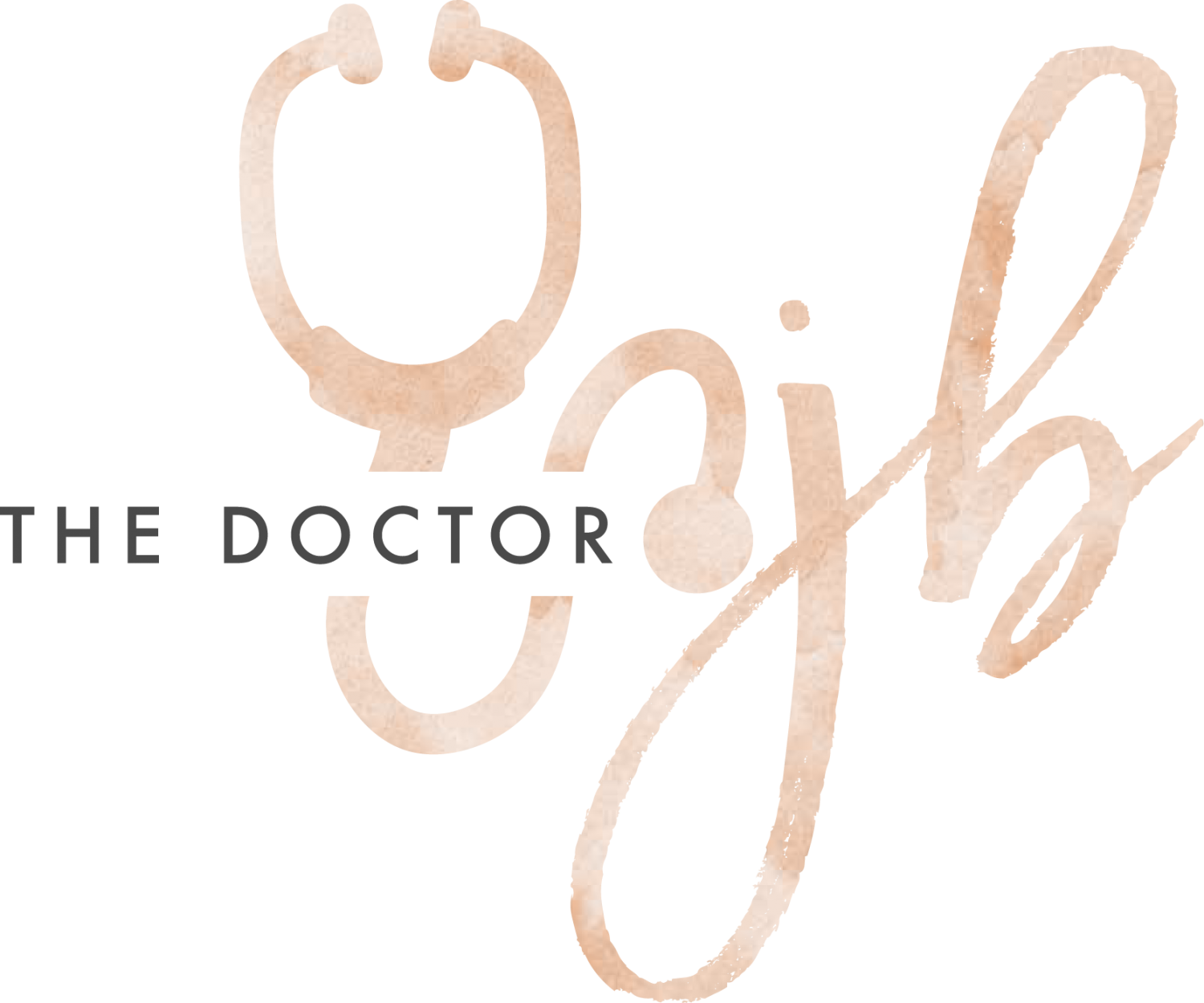“In case of fire, do not use elevator.” Every time I see one of those signs, I think, “What are the chances that I get stuck in a burning building.” I hope that never happens; however, I was thinking about life and the phrase took on a new meaning.
Since I moved for residency, I haven’t seen my friends much. Today, one of my good friends came to visit, along with her husband and son. We always end up in passionate, thought provoking conversations that challenge me to be better and do better. At some point today, our conversation shifted toward the reason for struggles in our lives. Let me just pause and say that both my friend and her husband have powerful stories of things they have gone through in their lives. They both have a gift of touching others through their stories, and they always encourage me.
Shortly after they left, I continued to think about certain things that I’ve gone through and I could just picture the elevator sign in my head. Elevators are very convenient and quick ways to move from one level to another; however, the stairs demand more effort and take a bit longer. Now add fire to that, and you get heat, smoke, and an even harder climb. I’m not on the level in life where I want to be just yet, but I’ve moved up by taking the stairs. It has taken me longer than expected and has required more hard work than I had ever imagined. From not getting accepted into med school on my first attempt, to not passing board exams on my first attempt, I can truly relate to taking the stairs opposed to the elevator in life. I’ve gotten short of breath while taking the stairs and had to take a few breaks, like taking a leave during my third year of med school. But I never lost sight of my destination and matched at my number one choice for residency. Now that I am a physician, I’m still taking the stairs, and sometimes the temperature gets really hot. For example, on my first day of inpatient medicine, I felt overwhelmed and frustrated. It took me forever to get my notes done, and navigating the EMR to put in orders was so frustrating. On top of that, I had not slept well the night before and was exhausted all day. By the time I got in my car to go home, I broke down in tears. But the next day, I woke up ready to tackle the day like yesterday had not even happened.

Needless to say, I am so grateful for those flights of stairs that have made me the young doctor I am today. I take joy in waking up at 5:00 am to get ready for work. I love learning from my patients who challenge me to be a great physician. It brought tears of joy to my eyes when a Black patient encouraged me as I walk out of the room by saying, “Keep up the great work. We need more doctors who look like us.” All of the stairs that I have climbed, while battling the heat that life throws my way, have made me stronger and taught me patience. They’ve also helped me to appreciate the work that it takes to reach new levels.
Like my friends who touch so many lives with their stories, my desire is to help someone else through my story. When you’ve gotten tired of taking the stairs I encourage you to take one more step. And when you take one more step, take another…and another…and another. You may get short of breath, but keep going. Know that others have taken those same steps and there are others behind you, as well.
Keep climbing!
-thedoctorjb

















